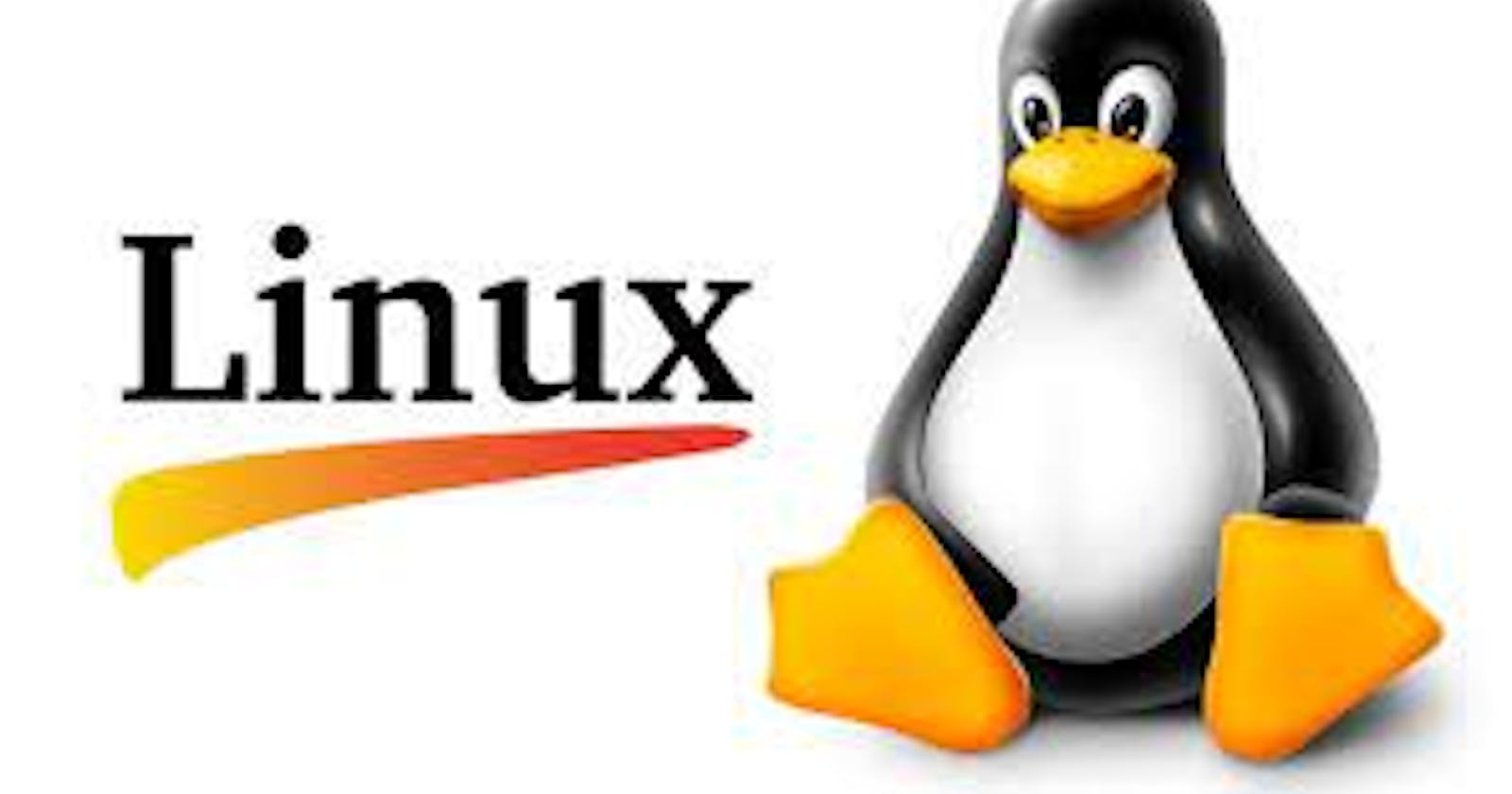Greetings everyone !!!
Linux is the backbone of modern computing and in this blog, I delve into Linux and have started my journey of learning Linux from scratch, watching youtube videos of Shubham Londhe and Kunal Kushwaha and also documenting my learnings. I have compiled my understanding of Basic Linux commands. Feel free to add or correct me if wrong.
Linux | Operating System - Open source, multiuser & multiprocessing, security | ||||||
Ubuntu | Distibution of linux. Other distributions: CentOS, Amazon Linux, RHEL | ||||||
Shell | Shell is an environment in which we can run our commands, programs, and shell scripts. (Terminal) | ||||||
kernel | Heart of the system and manages the CPU and memory. Kernel connects shell to hardware | ||||||
COMMANDS | |||||||
$ Whoami | To see the currently logged-in user | ||||||
$ touch filename.txt | Create a file | ||||||
$ nano filename.txt | open the nano editor | ||||||
$ vi filename.txt | open the vi editor | ||||||
$ vim filename.txt | open the vim editor | ||||||
$ ls | list the files in a current directory | ||||||
$ls -a | list all hidden files (files which start with .<filename> are hidden files ) | ||||||
$ls -al | list all hidden files with details | ||||||
$ cat <filename> | To display the contents of the file | ||||||
$ pwd | Present working Directory | ||||||
$ cd . | Current directory | ||||||
$ cd .. | Previous directory | ||||||
$ echo "Hello" | To print | ||||||
$ rm filename.txt | To delete file | ||||||
$ mkdir LinuxForDevops | To create folder | ||||||
$ rmdir LinuxForDevops | To delete folder | ||||||
$ mkdir -p Linux/Shell | To create multiple nested folders | ||||||
$ cp names.txt Folder1/ | To copy names.txt file in Folder Folder1 | ||||||
$ mv devops.txt cloud.txt | To rename a file | ||||||
$ mv cloud.txt ../gcpcloud.txt | To rename and also move to the previous directory | ||||||
$ find . | To find in the current directory | ||||||
$ find . -type d | To find only directories | ||||||
$ find . -type f | To find only files in the current directory | ||||||
$ find . -type f -mmin +2 | To find files in the current directory which were modified in more than 2 min | ||||||
$ find . -type f -mtime -2 | To find files accessed in the last 2 days | ||||||
$ find -name "*.txt" | To find all files with .txt | ||||||
$ find . -empty | To find empty files | ||||||
GREP Command | Global Regular Expression Print -To search text in file or system | ||||||
$grep "Ansible" names.txt | To find the text "Ansible" in the names.txt file | ||||||
$ grep -i "Network" | Not case sensitive | ||||||
$ grep -w "Network" | To find the complete "Network" in the names.txt file | ||||||
$ df | Displays the amount of disk space available on the filesystem | ||||||
$ du | Measures the disk space occupied by files or directories. | ||||||
$ free | Outputs a summary of RAM usage | ||||||
$ vmstat | Gives the information about processes, memory, paging, block IO, disk, and CPU scheduling | ||||||
$ nslookup google.com | To obtain a domain name or IP address mapping | ||||||
$ ifconfig | To assign an address to a network interface and to configure or display the current network interface configuration information |
Command to give permission to a file :
Command: $ chmod 777 file.txt
To check the permissions: $ls -l

read = 4, write = 2, execute = 1
Examples :
777 = -(rwx)(rwx)(rwx)
577 = -(r-x)(rwx)(rwx)
471 = -(r--)(rwx)(--x)
500 = -(r-x)(---)(---)
screenshot from https://www.geeksforgeeks.org/permissions-in-linux/
There are still a lot of commands left to learn and explore. But here I have started with these basic commands, will learn more and more as I will move forward with learning Devops. In the next blog, I will share the learnings of shell scripting. Till then stay tuned. Happy Learning.
